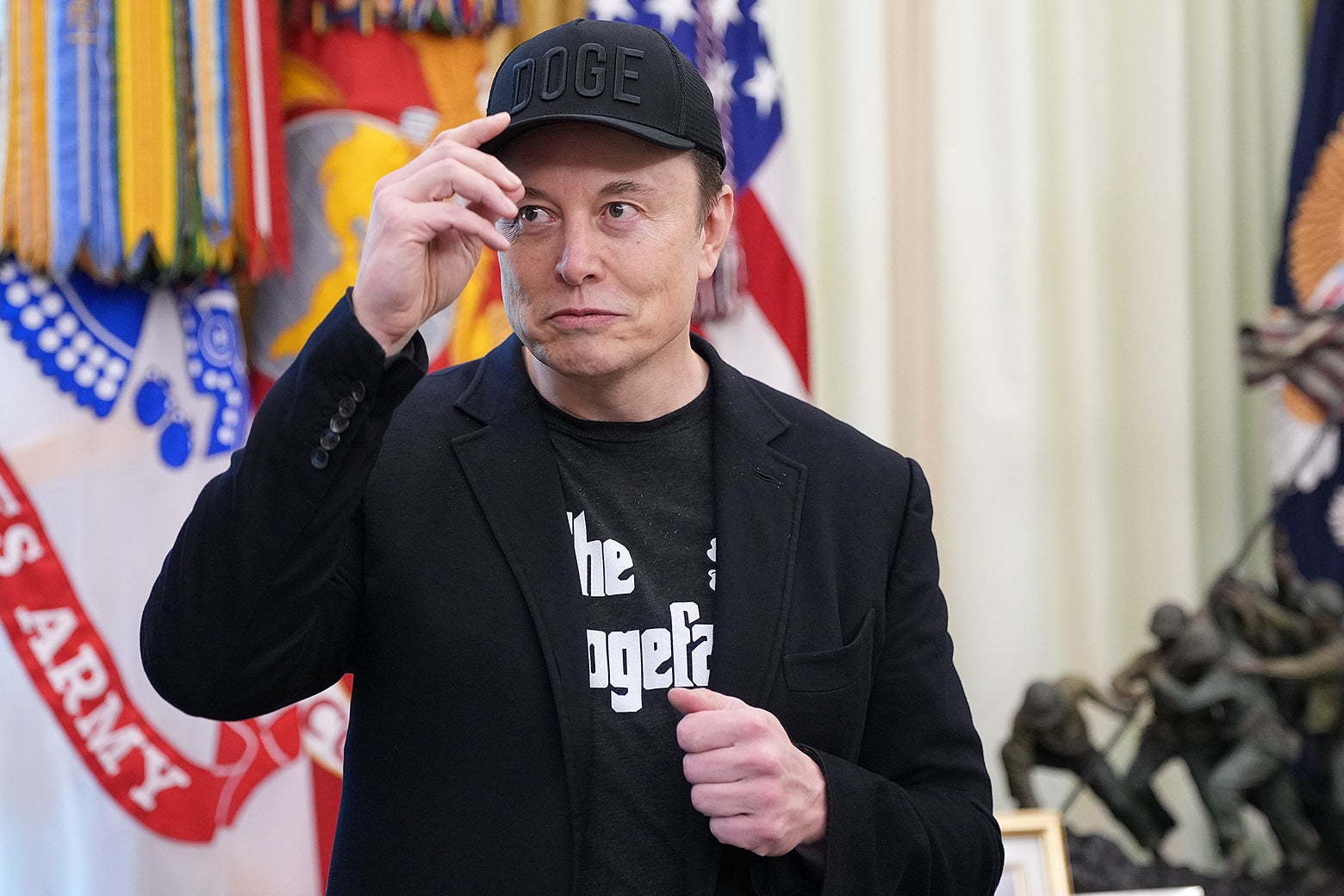
"DOGE's actions might actually end up costing the government money by reducing its ability to collect revenue, and that many lives will be lost as a result of these cuts."
"These claims rely on unsupportable logic, but more importantly, they reveal a deeply troubling worldview. DOGE's deregulatory math systematically ignores outcomes for working-class Americans."
"To tout its work, DOGE published an 'Agency Deregulation Leaderboard' showing yearly savings of $29.4 billion, primarily benefiting the government and corporations."
"The savings accrue to the federal government. But on the other side of that equation are individuals-mostly low-income, working-class people-who would not get reimbursed for needed health care expenses."
Elon Musk's Department of Government Efficiency (DOGE) has faced criticism for its severe cuts to government programs, with initial savings reported to be overstated and detrimental to public welfare. The focus on deregulation seems beneficial at first, citing substantial savings mainly for agencies, but disregards the negative impact on working-class individuals who would face increased costs without adequate support. The emphasis on the financial benefits for the government and corporations raises concerns about the broader consequences for the most vulnerable populations, ultimately questioning the legitimacy of Musk's approach to government efficiency.
Read at Slate Magazine
Unable to calculate read time
Collection
[
|
...
]